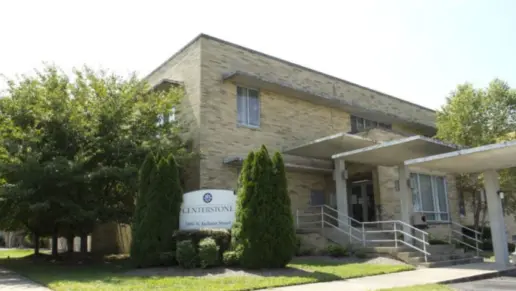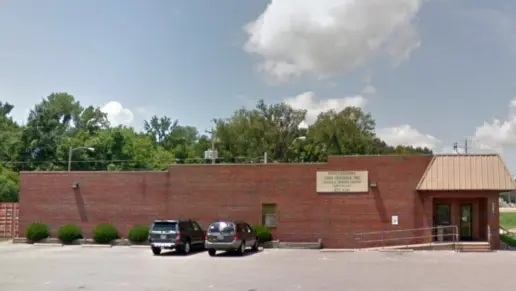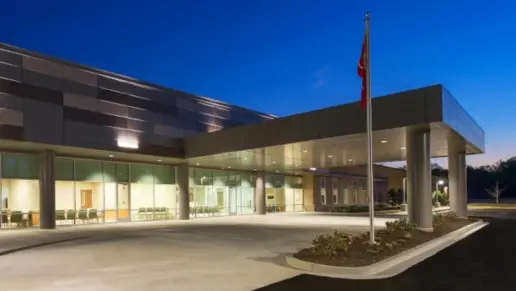I personally was admitted as a teen-ager here. I kept getting beaten up by the other residents and was eventually pulled out my parents, but in the 3 short months I was a resident here, this place completely changed my life for the better. Before I was getting into physical ...
About McDowell Center for Children
The McDowell Center for Children in Dyersburg, Tennessee is a 28-bed residential treatment for adolescent males aged 12 to 17 affected by mental health and substance use disorder. They help young men develop better thinking skills, make healthier choices and create a more positive future. The facility offers a supportive environment that promotes interaction and a positive peer culture during therapy and care.
Their specialized dual diagnosis treatment tracks support clients affected by both substance misuse and mental conditions. This program involves individual and group psychotherapy that draws from moral reconation to tackle negative emotions triggering your behavioral challenges.
The program also includes addiction education alongside participation in 12-step programming and additional support groups. The goal is to build solid coping strategies, prevent relapse and stay sober. Family therapy is included to rebuild trust, mend relationships and improve communication with your loved ones. This strengthens your support network which enhances your recovery efforts. Recreational activities and expressive therapies like art and music supplement the traditional therapeutic model. This ensures a well rounded approach to healing encompassing physical, mental and emotional wellbeing.
The facility also offers substance abuse outpatient services including partial hospitalization (PHP) and intensive outpatient (IOP) programs. These programs are relatively structured and involve more intense therapeutic interventions than general outpatient. Both include various therapy groups and intervention services tailored to meet your unique needs. The partial hospitalization involves 4.5 hours of daily sessions for five weeks and lasts about two weeks.
You’ll also receive assistance with medication and symptom management. It is ideal if you require considerable therapeutic support to achieve sobriety. The intensive outpatient option involves a minimum of three hours of daily sessions twice or five times weekly. This makes it a better option if you hope to maintain your academic or everyday routine while receiving treatment. Both outpatient programs serve boys and girls in recovery.
Aftercare services may include referral to peer-based groups for ongoing support or connections to community resources that support your recovery. This will mainly involve access to educational opportunities.
Facility Overview
Rehab Score
Gallery
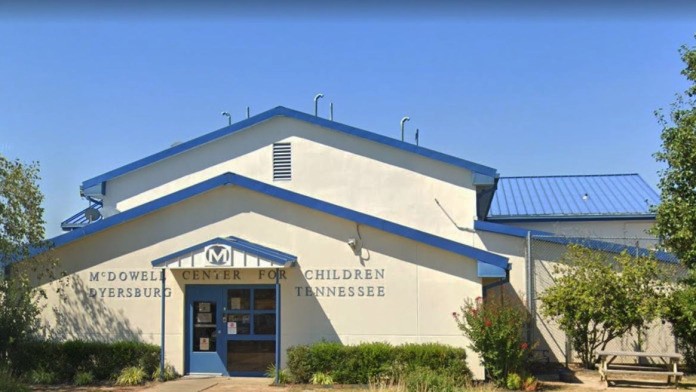
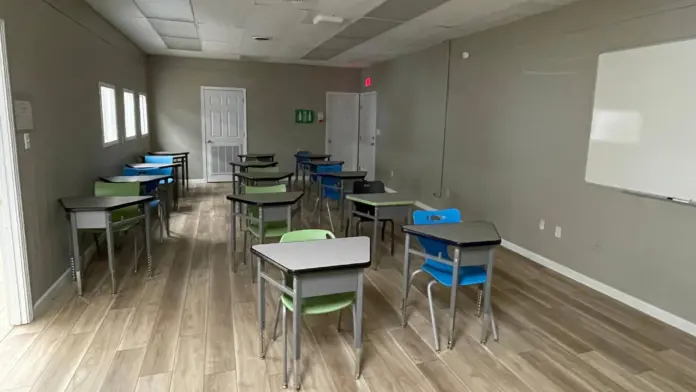
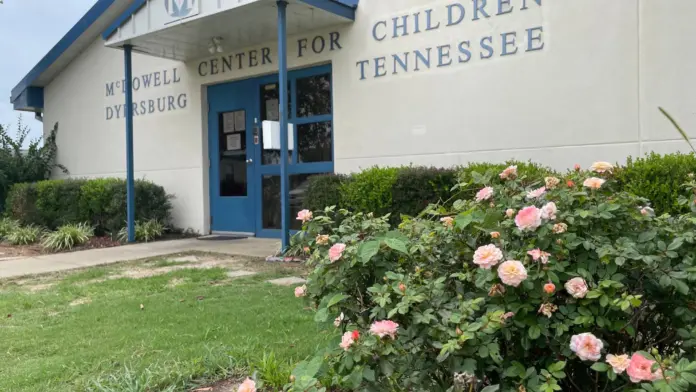
Location
Other Forms of Payment
Private insurance refers to any kind of healthcare coverage that isn't from the state or federal government. This includes individual and family plans offered by an employer or purchased from the Insurance Marketplace. Every plan will have different requirements and out of pocket costs so be sure to get the full details before you start treatment.
Self-pay involves paying for treatment out of your own pocket. You can use savings or credit, get a personal loan, or receive help from family and friends to fund your treatment. If you don't have insurance or your insurance plan doesn't cover a specific program, self-pay can help ensure you still get the care you need.
Financial aid can take many forms. Centers may have grants or scholarships available to clients who meet eligibility requirements. Programs that receive SAMHSA grants may have financial aid available for those who need treatment as well. Grants and scholarships can help you pai for treatment without having to repay.
Medicaid is a state based program that helps lower-income individuals and families pay for healthcare. Medicaid covers addiction treatment so those enrolled can use their coverage to pay for rehab. When a program accepts Medicaid the client often pays very little or nothing out of their own pocket.
Addiction Treatments
Levels of Care
Treatments
Many of those suffering from addiction also suffer from mental or emotional illnesses like schizophrenia, bipolar disorder, depression, or anxiety disorders. Rehab and other substance abuse facilities treating those with a dual diagnosis or co-occurring disorder administer psychiatric treatment to address the person's mental health issue in addition to drug and alcohol rehabilitation.
Mental health rehabs focus on helping individuals recover from mental illnesses like bipolar disorder, clinical depression, anxiety disorders, schizophrenia, and more. Mental health professionals at these facilities are trained to understand and treat mental health issues, both in individual and group settings.
Clinical Services
Cognitive Behavioral Therapy (CBT) is a therapy modality that focuses on the relationship between one's thoughts, feelings, and behaviors. It is used to establish and allow for healthy responses to thoughts and feelings (instead of unhealthy responses, like using drugs or alcohol). CBT has been proven effective for recovering addicts of all kinds, and is used to strengthen a patient's own self-awareness and ability to self-regulate. CBT allows individuals to monitor their own emotional state, become more adept at communicating with others, and manage stress without needing to engage in substance abuse.
Group therapy is any therapeutic work that happens in a group (not one-on-one). There are a number of different group therapy modalities, including support groups, experiential therapy, psycho-education, and more. Group therapy involves treatment as well as processing interaction between group members.
In individual therapy, a patient meets one-on-one with a trained psychologist or counselor. Therapy is a pivotal part of effective substance abuse treatment, as it often covers root causes of addiction, including challenges faced by the patient in their social, family, and work/school life.
Trauma therapy addresses traumatic incidents from a client's past that are likely affecting their present-day experience. Trauma is often one of the primary triggers and potential causes of addiction, and can stem from child sexual abuse, domestic violence, having a parent with a mental illness, losing one or both parents at a young age, teenage or adult sexual assault, or any number of other factors. The purpose of trauma therapy is to allow a patient to process trauma and move through and past it, with the help of trained and compassionate mental health professionals.
Whether a marriage or other committed relationship, an intimate partnership is one of the most important aspects of a person's life. Drug and alcohol addiction affects both members of a couple in deep and meaningful ways, as does rehab and recovery. Couples therapy and other couples-focused treatment programs are significant parts of exploring triggers of addiction, as well as learning how to build healthy patterns to support ongoing sobriety.
Research clearly demonstrates that recovery is far more successful and sustainable when loved ones like family members participate in rehab and substance abuse treatment. Genetic factors may be at play when it comes to drug and alcohol addiction, as well as mental health issues. Family dynamics often play a critical role in addiction triggers, and if properly educated, family members can be a strong source of support when it comes to rehabilitation.
Amenities
-
Residential Setting
Staff & Accreditations
Staff

CEO

Director of Nursing, Improvement and Infection Control

Medical Director

Clinical Director
Accreditations

The Joint Commission, formerly known as JCAHO, is a nonprofit organization that accredits rehab organizations and programs. Founded in 1951, the Joint Commision's mission is to improve the quality of patient care and demonstrating the quality of patient care.
Joint Commission Accreditation: Yes
Contact Information
711 TN-3
Dyersburg, TN 38024
